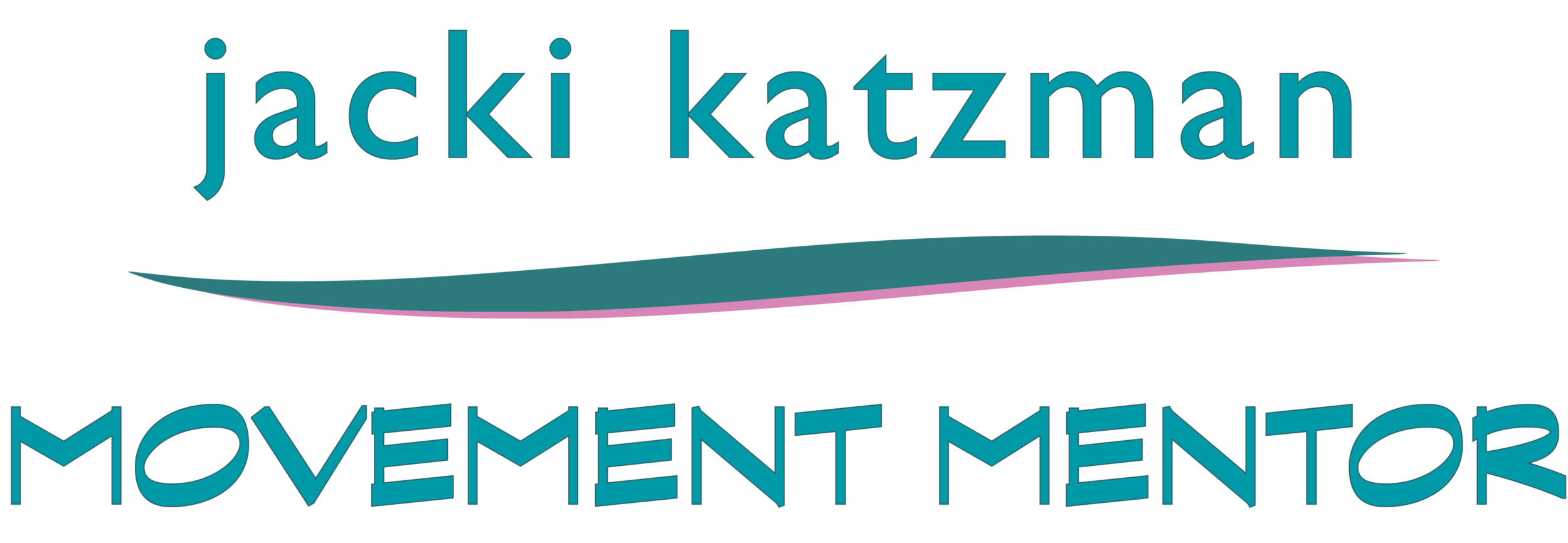The Growth Mindset Baked Into The Feldenkrais Method
Alas, Stuart. You are dooming yourself with “identity” affirmations, making future success less likely. The Growth Mindset, the idea that we can get better at things, involves embracing challenges; thinking about the body and brain’s response to challenges in order to optimize performance. Sound like the Feldenkrais Method to you?
Growth Mindset Baked Into the Feldenkrais Method
Thanks, Andrew Huberman, for pointing this out in your recent Podcast
My science crush, Dr. Andrew Huberman, reminds us time and again that Dr. Moshe Feldenkrais was way ahead of his time. In the recent Huberman Lab Podcast episode How To Enhance Performance & Learning By Applying A Growth Mindset, Dr. Huberman reviews the research on how mindset affects one’s attitudes toward learning, stress, honesty about performance, and how ‘identity based’ feedback can actually impair future performance.
The growth mindset, first articulated by Dr. Carol Dweck, has led to new educational perspectives and teaching methodologies. A growth mindset involves embracing challenges; thinking about the body and brain’s response to challenges, including stress, in order to optimize performance. The growth mindset detaches from outcomes, while emphasizing self-reflection and feedback.
In contrast, an “intelligence” or “fixed” mindset can stunt performance because it leads to selecting easier challenges to ensure success to receive praise, and may even lead to dishonesty about oneself as the ego works to protect an ‘intelligence’ over ‘learner’ identity.
In a nutshell, focusing on effort - I’m someone who reaches out to others and shows compassion - over ‘identity’ - Gosh darn it, people like me - helps you improve towards your goal and prevents you from getting worse at something you’re already good at. In other words, rewarding effort demonstrably shifts performance in current and future tasks. Or, shifting from a negative mindset, “I suck at sports” to a growth mindset, “I haven’t given myself the time to develop my body awareness” can also lead to improved performance.
Feedback based on growth mindset has powerful positive impacts on those receiving it. Feedback based on effort demonstrably improves performance and motivation, a critical consideration for teachers and self-taught students. The self talk that comes from feedback can either stymie or lead to continued development.
As recently as the 1980s, many people assumed intelligence was fixed, and that the role of education is to simply reveal that inherent quality, whatever it was. Neuroscience has blasted those assumptions to pieces; concepts of neuroplasticity and exercise physiology, when intertwined with the application of growth mindset, produce increased learning and productivity. In one study, researchers found notable differences in brain activity observed in individuals with an intelligence mindset compared to those with a growth mindset.
Bringing a growth mindset to stress can also have positive affects on performance. Constructive stressing of the mind, followed by sufficient recovery time, permits improved learning and retention of new information. Stress can be read not as marker of failure, but an indication of a deepening comprehension and learning. (Attachment to results may create a different outcome, see below.) People are exposed to true information about how stress can enhance performance do better. In practice, stress can shift the ability to allocate resources and improve response
Moshe Feldenkrais intuitively seemed to understand the growth mindset. First and foremost, the Feldenkrais Method is founded on the assumption that we can become our highest selves, regardless of how we began, the cultural influences that may have limited our imagination or opportunities, the body’s strengths and weaknesses. With curiosity, patience, variety and rest, we can overcome our limits and continue to grow to the moment of our last breath.
He designed ATM to encourage curiosity over expected results. The lessons proceed slowly, allowing time to explore and feel. He built in rest to allow the nervous system to consolidate gains. He designed in manageable stress - as in “what the heck does that mean?!?” into the lessons, with surprise moves that spark challenge the status quo and create temporary confusion.
Self assessment and feedback are essential elements of the Method. The question is never “Why didn’t I get that?” The questions are: “What did I learn?” “What changed?” “Why did that variation work for me?”
He never suggested there was an ideal: no perfect asana, no '‘best way” breathing technique, no idealized model to copy. Only one’s best possible self, not stuck, always growing.
Note: The Buddhists’ goal of equanimity applies to attachment to results, according to neurochemistry.
In “Brain disruption makes us mess up when under pressure, free sample edition of New Scientist, Moheb Costnadi writes that “reward-related information interacts with the formation of motor command signals in the motor cortex. The anticipation of a reward therefore appears to boost our motor planning so that we execute the best possible movement to achieve this prize; but the expectation of a huge reward seems to interfere with this process, making it harded to select the best motor command. Consequently, the movement many not be prepared of executed as well as it could be.”



